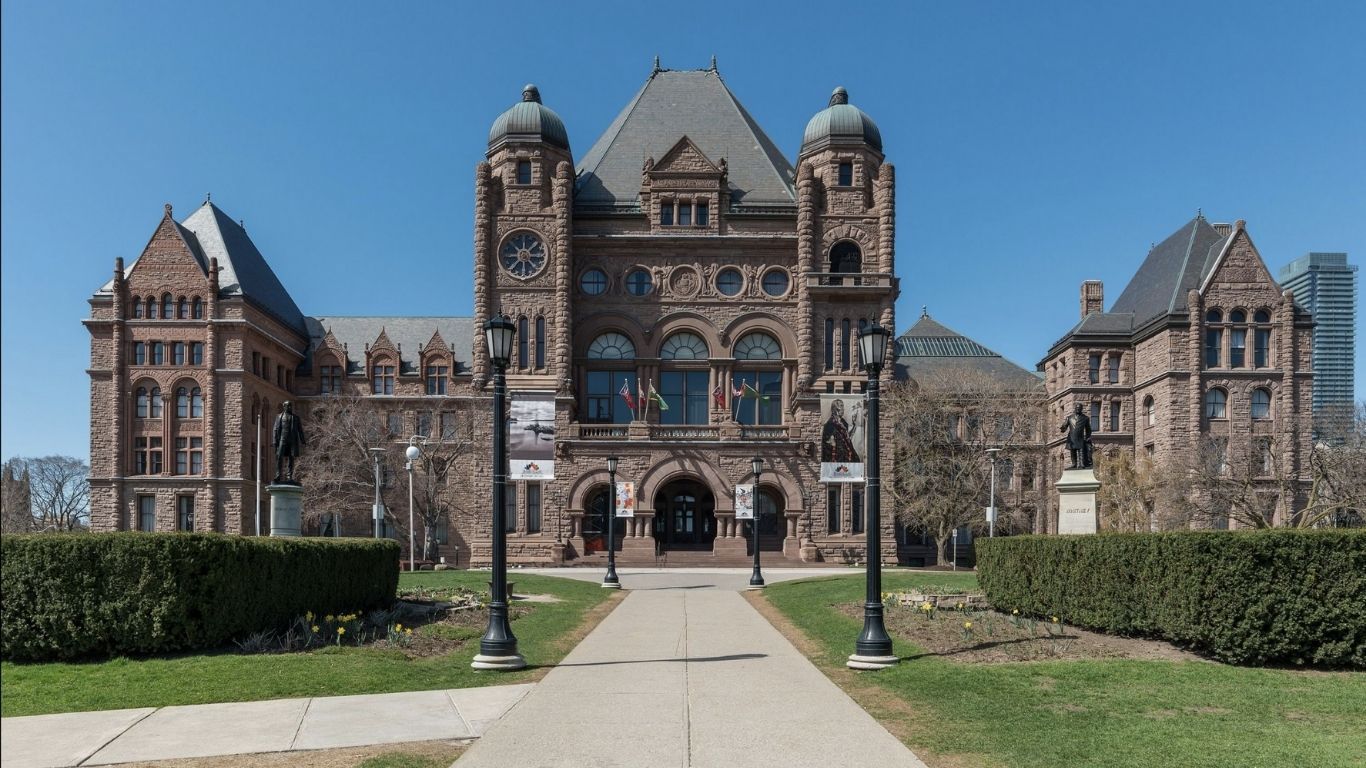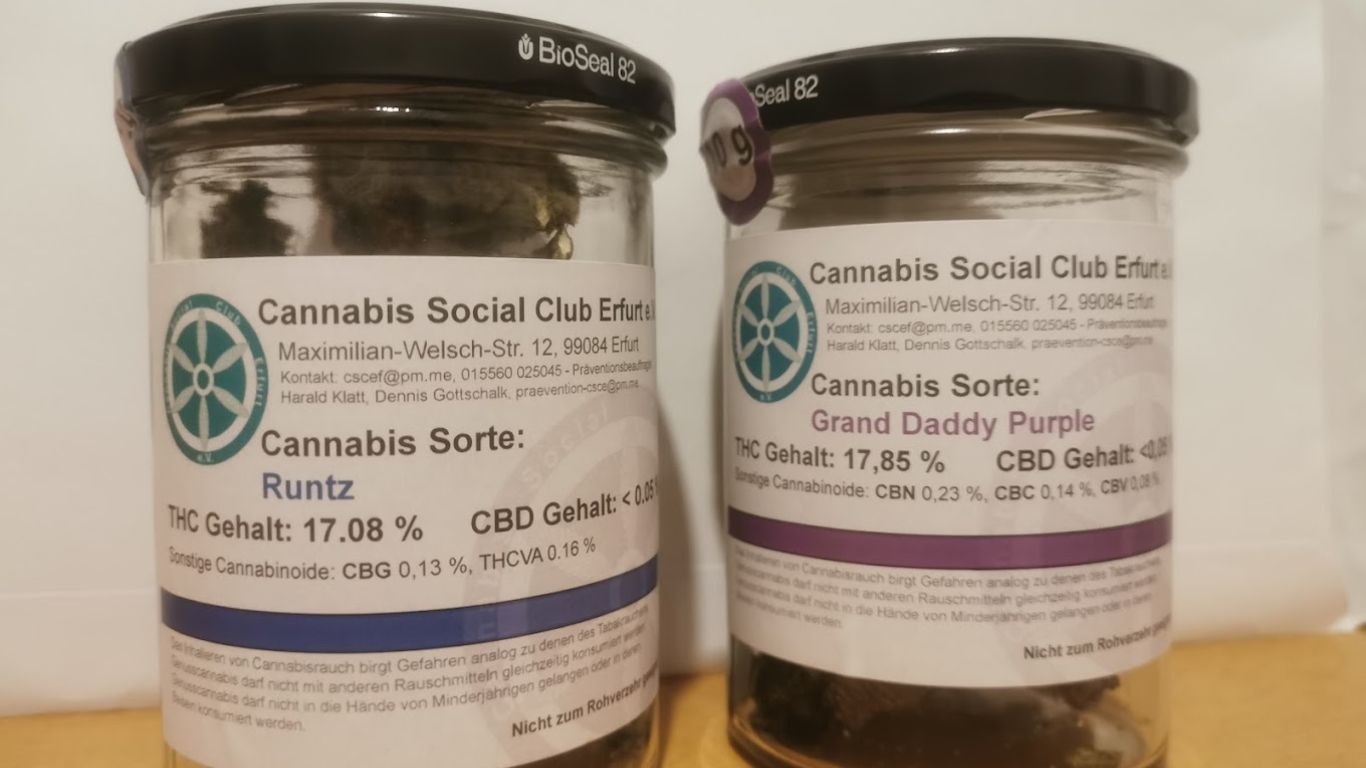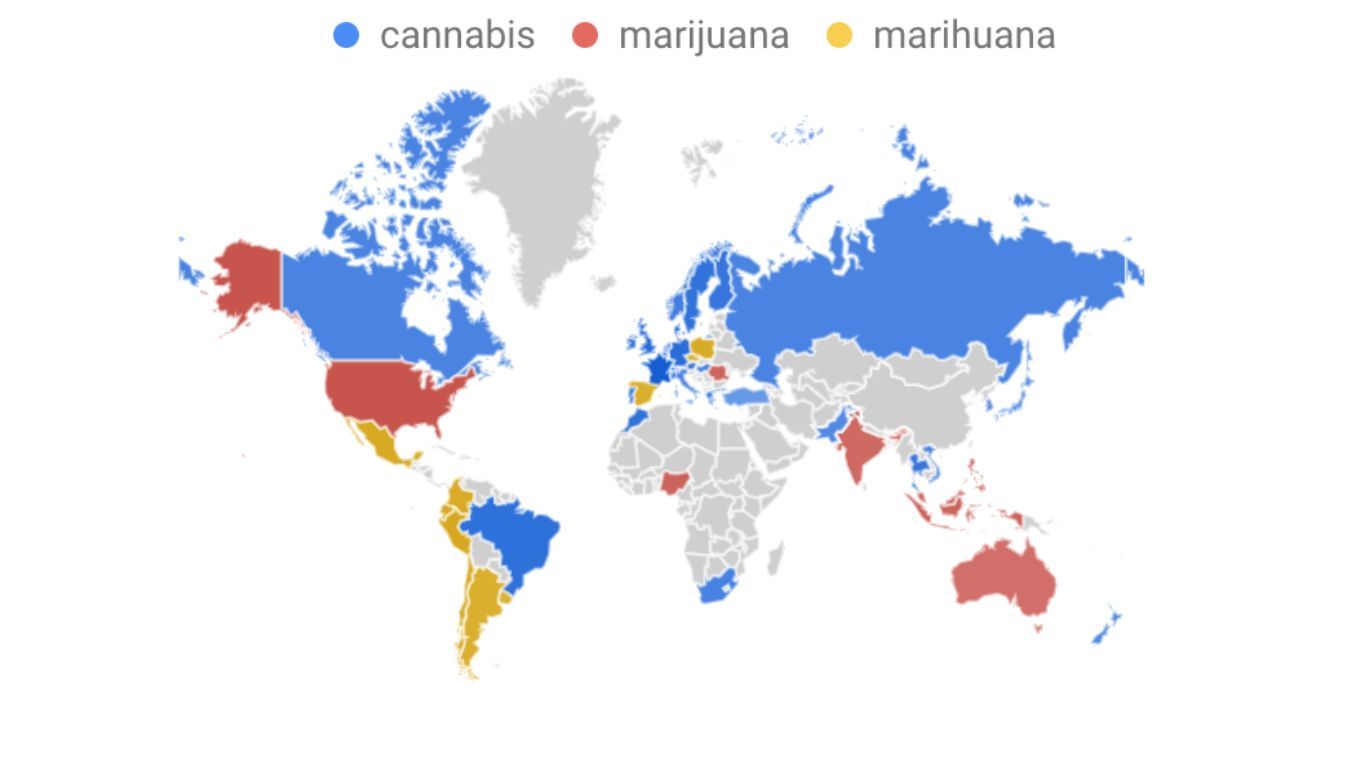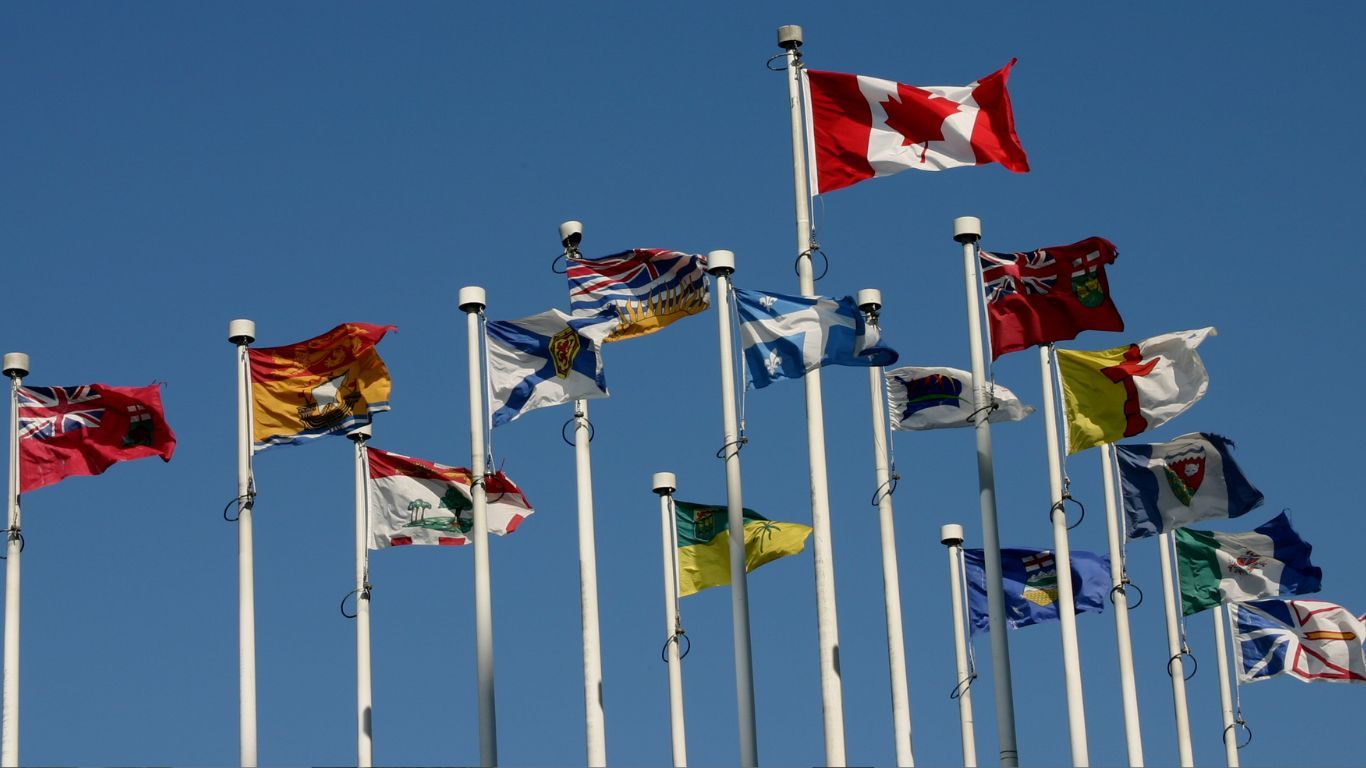
Ontario’s expected portion of the federal cannabis excise duty is $245 million for 2021-2022, with another $170 million in revenue from the Ontario Cannabis Store.
The numbers, provided in this week’s provincial budget look at past and future/projected income from legal cannabis from 2018 through 2022, and included the 2021 budget projection for the 2020–21 fiscal year.
This is on par with the province’s expectations last year of $145 million in federal excise taxes for legal cannabis for 2020–21 and another $80 million for the Ontario Cannabis Store according to the province’s 2020-21 First Quarter Finances.
Ontario’s share of the federal cannabis excise tax in 2018-2019 was $19 million, in 2019-2020 it was $8 million. Revenue from the Ontario Cannabis Store was $19 million in 2019-2020, following a working “loss” of $42 million in the first year, due to initial startup costs.
The Federal-Provincial-Territorial Agreement on Cannabis Taxation was a two-year agreement signed in late 2017 that levied a federal excise tax on cannabis of $1 per gram or 10% of a producer’s selling price, whichever is higher. Ottawa committed to sharing 75% of this excise tax with the provinces and territories with the expectation that they would then share a portion of that revenue with municipalities since municipalities often have many direct costs associated with legalization.
Ontario and Quebec are the only two provinces or territories that signed on to the deal who have established any time of tax revenue-sharing agreement. Municipalities in other provinces like British Columbia and Alberta said they have not seen any of this revenue yet.
Quebec’s cannabis revenues go in their Cannabis Sales Revenue Fund. $10 million from revenues of the Société Québécoise du cannabis go to a fund dedicated to combating the negative impacts of alcohol, drug and gambling addiction. Quebec brought in $60 million in revenue from cannabis sales in 2021, and expects another $88 in 2021 and $105 in 2022, not including their share of the federal excise tax.
The Federal government’s share of the cannabis excise tax was:
- $136m since legalization
- $77m in 2020
- $20m in Q4 2020
The Provinces’ share of the excise tax was:
- $361m since legalization
- $283m in 2020
- $78m in Q42020
Ontario’s share of the federal tax in 2018-2019 was $19m, $48m for 2019-2020, and is expected to be $140m for 2020-2021.
Ontario has an additional 3.9% on top of the cannabis duty required when packaged and stamped cannabis products are delivered to a purchaser.
In 2018, Ontario set aside $40 million over two years to help cities manage implementation and oversight of cannabis legalization. The first $30 million was distributed in 2019, with $10 million set aside for unforeseen costs. Ontario also invested $3.26 million to support municipalities through enhanced enforcement against illegal cannabis operations.
This plan, called the Ontario Cannabis Legislation Implementation Fund (O.C.L.I.F.), was to be used for increased enforcement (e.g. police, public health and by-law enforcement, court administration, litigation), increased response to public inquiries (e.g. 311 calls, correspondence), increased paramedic services, increased fire services, and by-law / policy development (e.g. police, public health, workplace safety policy).
Toronto Police have asked for $1.5 from Toronto to address the cost related to enforcement of the federal and provincial cannabis laws. The city’s police budget, which made waves earlier this year for its more than $1 billion price tag, includes a reference to a request for $1.5 million to cover the expected cost of “cannabis related enforcement” in the coming year. The cannabis enforcement includes, according to Toronto police, the closure of illegal dispensaries, training, and destruction of seized cannabis.
Toronto Police Services were unable to respond to questions by press time of what types of enforcement actions the department has undertaken since legalization.
The amount is based on a previous report from the end of 2019 that estimated the department spent $1.1 million on cannabis related enforcement and training in the first year of legalization.

































